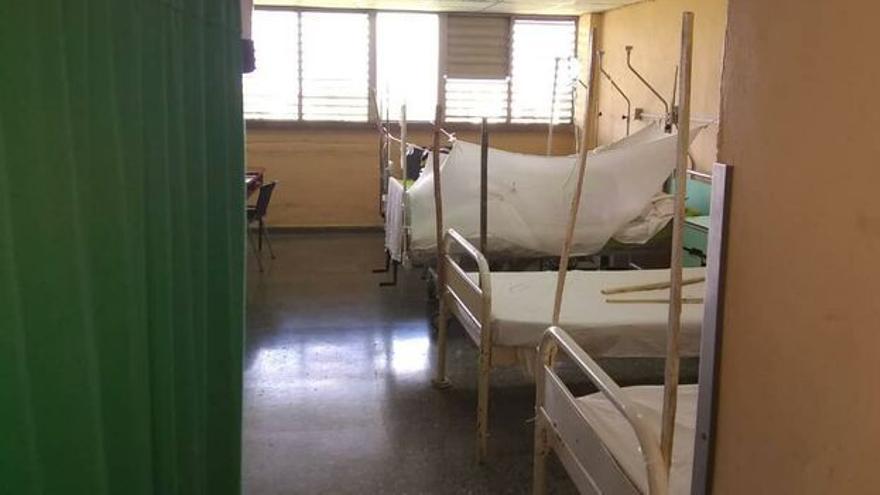
![]() EFE/14medio, Havana, 30 July 2022 — The Cuban Ministry of Public Health detected 4,776 reactive cases of dengue fever in the third week of July (17-23), more than the 3,036 registered in the entire first semester, the Presidency reported in a statement this Friday by official media.
EFE/14medio, Havana, 30 July 2022 — The Cuban Ministry of Public Health detected 4,776 reactive cases of dengue fever in the third week of July (17-23), more than the 3,036 registered in the entire first semester, the Presidency reported in a statement this Friday by official media.
Reactive cases are understood as tests in which the presence of the pathogen is detected, either because the patient recently had the disease or because it is still active in the body.
In this sense, the Presidency pointed out that of the 10,590 tests carried out in that week there was a positivity rate of 45.1%.
In addition, Public Health noted that 23,758 cases with “non-specific” fever were identified, almost 6,000 more than in the previous week. It is one of the symptoms of the disease, transmitted by the aedes aegypti mosquito.
The Presidency’s statement warns that the mosquito breeding sites increased by 115% during the third week of July compared to the same week in 2021.
Some 66.1% of the points are concentrated in the provinces of Havana, Matanzas, Pinar del Río, Santiago de Cuba, Camagüey and Holguín.
Public Health reported in early July that, for the second year, Cuba broke the 15 year record for dengue mosquito breeding points and described the epidemiological scenario as “complex.”
In a press conference on July 14, Portal clarified that the country is not “in the worst moment” and estimated that in the coming months the number of infected could increase due to the heat and the rains.
The independent press has reported in recent weeks several cases of minors who have died with a high fever, although it has not been officially confirmed that they were due to dengue.
The health workers insist that the population must do everything possible to protect themselves because there are no insecticides such as Abate or diesel to spray every six days, as established by the protocols. These limitations, together with the summer heat and the long hours of blackouts, are leading to the proliferation of a disease that had remained in the background during covid.
In addition, it is estimated that dengue underreporting is still high. On the one hand, many patients refuse to go to the doctor to avoid hospitalization due to the state of many centers throughout the Island. On the other hand, there is a visible lack of means for a correct diagnosis and some patients affirm that they do not undergo the tests required because the reagents are rationed for the most severe cases.
“We are alarmed,” an internist at a Havana hospital told this newspaper, stating that this year there are more serious cases than usual. “In previous epidemics, maybe 10% or so of cases had warning signs (the ones that alert you that the patient is not doing well), but now it’s more than 30%.”
____________
COLLABORATE WITH OUR WORK: The 14ymedio team is committed to practicing serious journalism that reflects Cuba’s reality in all its depth. Thank you for joining us on this long journey. We invite you to continue supporting us by becoming a member of 14ymedio now. Together we can continue transforming journalism in Cuba.
